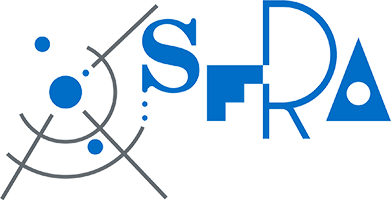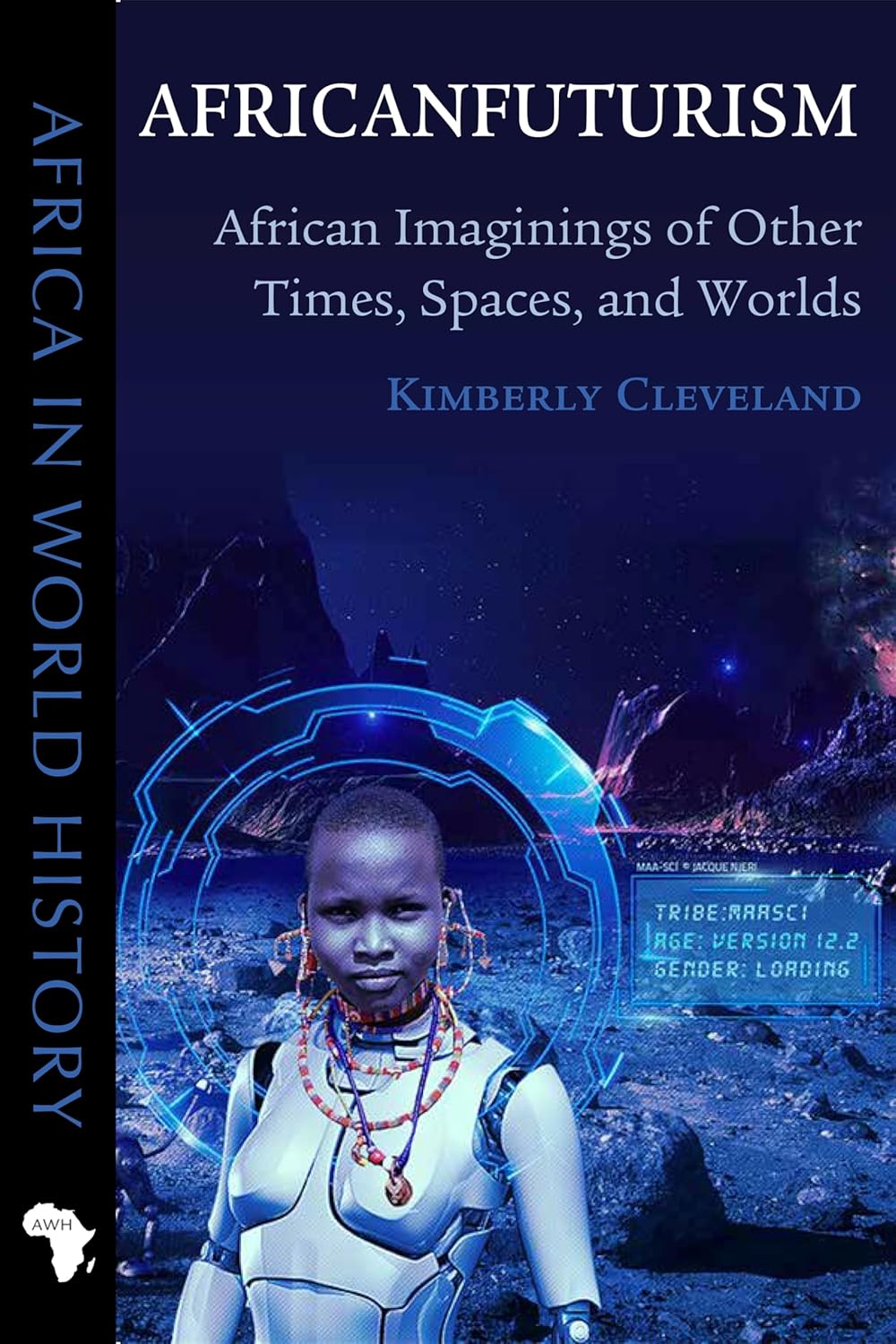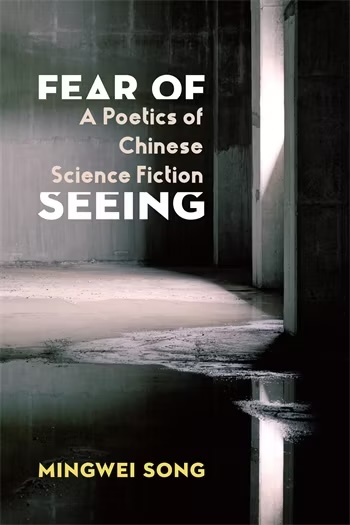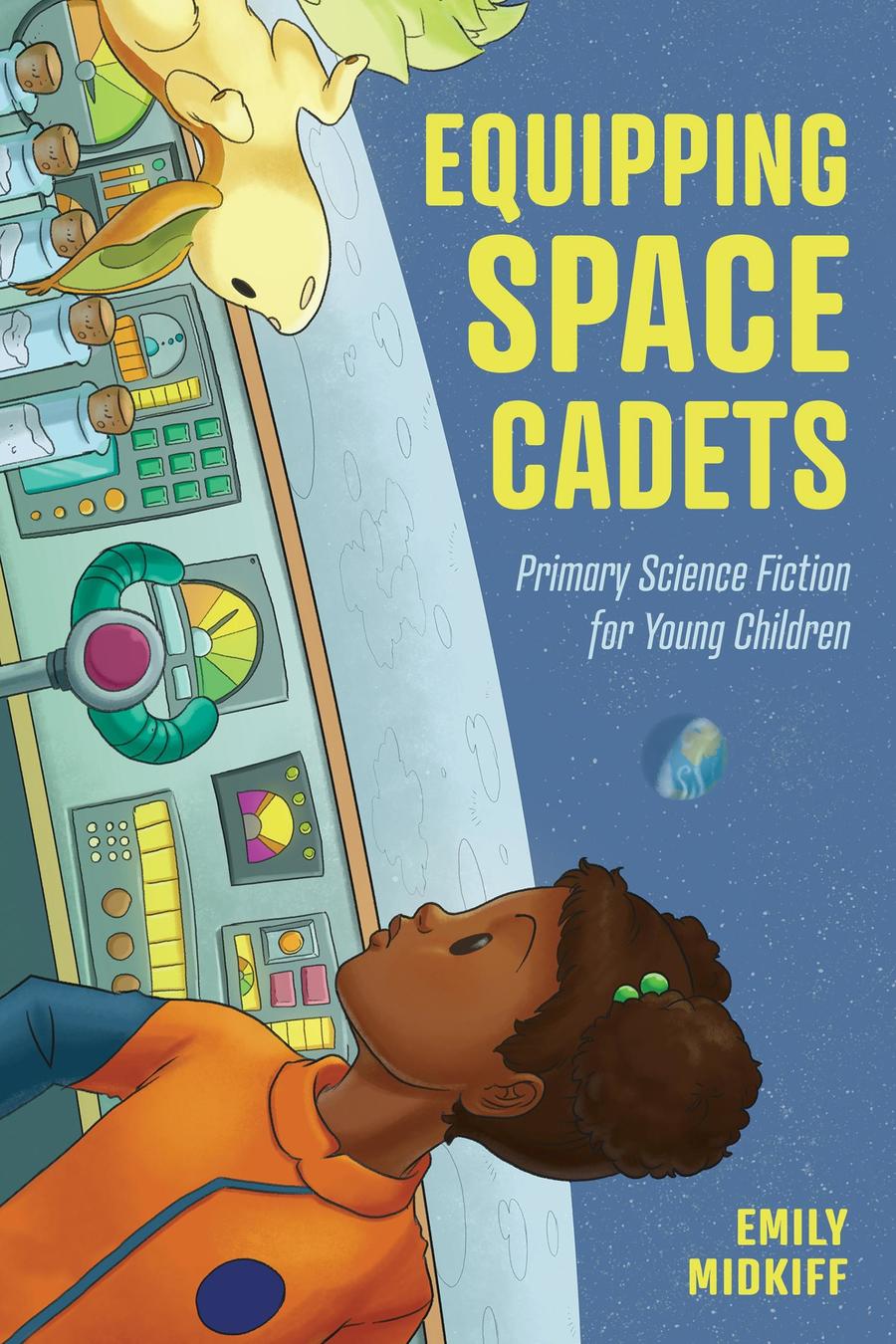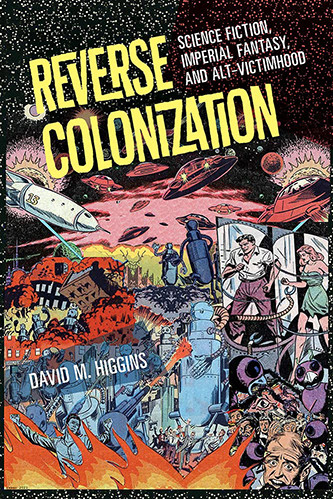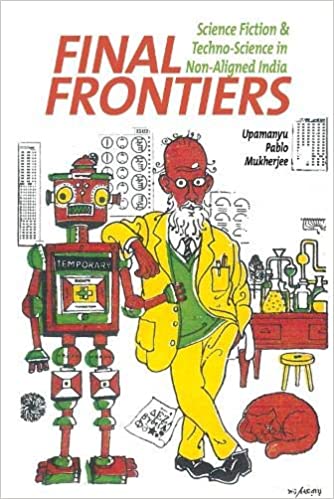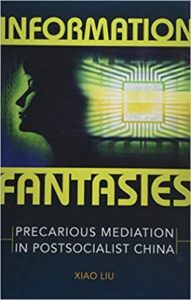SFRA Book Award
The SFRA Book Award, and a cash prize of $500, is given to the author of the best first scholarly monograph in SF, in each calendar year, and will be presented the following year at the SFRA Awards Banquet.
Award Committee
Amy Brookes
Karen Hellekson
Sean Guynes (chair)
2022
David M. Higgins, Reverse Colonization: Science Fiction, Imperial Fantasy, and Alt-victimhood (University of Iowa Press).
2021
Upamanyu Pablo Mukerjee, Final Frontiers Science Fiction and Techno-Science in Non-Aligned India (Liverpool University Press, 2020)
2020
Xiao Liu, Information Fantasies: Precarious Mediation in Postsocialist China (University of Minnesota Press, 2019)
Award Criteria and Definitions
Best
The selected work will demonstrate both rigorous research and eloquence, and offer a significant intervention in the field, which can include attention to understudied content or disciplines, and/or innovative theoretical approaches.
First
The selected work will be the author’s first book-length scholarly publication in the field of SF, available in English.
Monograph
Edited collections and anthologies are not eligible for this award.
SF
The committee will take a broad definition of SF. If there is any question as to the relevance of the work to the field, the applicant should justify the inclusion with their submission.
Award Committee
Decisions of eligibility for consideration shall rest with the award committee; in the case that the committee is not unanimous, a majority of the Executive Committee shall be determinative.
The award committee will consist of four members, each serving for three years, on a rolling basis. Following the award banquet, the previous Chair will rotate out of the committee, the member with longest standing on the committee, serving as Chair, and a new member will be selected.
Committee members will be established scholars, with experience in the field of SF, and who have been members of SFRA for some time.
